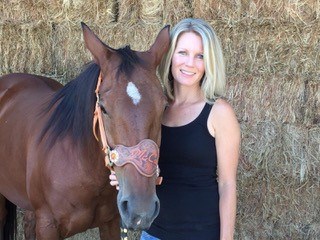Could Endophyte-Infected Fescue Cause Lameness in Horses?
Endophytes–fungi that benefit some grasses such as fescue by acting as a natural insect deterrent–have proven harmful to grazing animals, such as cattle and horses.
Endophyte-infected tall fescue, for example, has long been associated with reproductive problems and abortion in mares. But new research indicates it could also cause some forms of equine lameness.
A group of researchers from Kansas State University (KSU) recently set out to evaluate the effects of endophyte-infected fescue–a common forage found in horse pastures throughout the United States–on horse digital circulation and forelimb lameness.
"If one has fescue pasture, it is highly probable that it is endophyte-infected; most fescue pastures are (infected)," relayed Teresa Douthit, PhD, assistant equine nutrition professor at KSU and lead researcher of the study
Create a free account with TheHorse.com to view this content.
TheHorse.com is home to thousands of free articles about horse health care. In order to access some of our exclusive free content, you must be signed into TheHorse.com.
Start your free account today!
Already have an account?
and continue reading.

Written by:
Casie Bazay, NBCAAM
Related Articles
Stay on top of the most recent Horse Health news with












